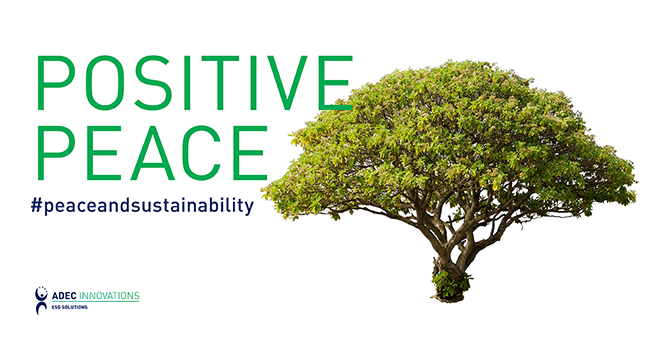Corruption negatively impacts business. Firstly, it leads to additional costs that reduce the bottom line. According to the International Monetary Fund (IMF), bribery costs between USD1.5 and USD2 trillion every year, an amount roughly equivalent to 2 percent of the global gross domestic product (GDP). And because companies that shoulder extra costs for purposes of bribery often make up for it by using inferior materials, their inferior products often lead to reduced consumer patronage and, ultimately, decreased profits in the long term.
Secondly, corruption can damage business reputation. In 2014, UK pharmaceuticals giant GlaxoSmithKline (GSK) paid a fine worth USD490 million after it was proven guilty of bribery in China. Investigations revealed that GSK bribed doctors and hospitals in the country to prescribe its products to patients. In addition to having to pay such a hefty fine, GSK suffered having several of its executives and employees in China fired or jailed.
Thirdly, corruption spreads and encourages more people to engage in unethical behavior. It eventually shapes a business culture that rewards corrupt practices. When a company’s management engages in unethical business practices, they send employees the message that corrupt practices are acceptable.
If left unabated, corruption in business can affect other stakeholders as well. During elections, unethical businesses may provide political support to candidates whom they believe will advance their interests. Once these candidates are elected, they are expected to draft or support bills and policies that positively impact their financial benefactors. While this is not always a bad thing, what is beneficial to one company is sometimes harmful to society at large.
Below are some ways in which businesses can eliminate corruption:
- Integrate the elimination of corruption into corporate culture and operations. A company must make it clear to clients, suppliers, employees and associates that it will not tolerate any form of corruption. Anti-corruption policies should be in the company handbook. Make it clear in the strongest and clearest terms that corruption will not be tolerated.
- Identify possible corruption risks. Processes that are vulnerable to corruption must be detected and addressed. Are there transactions that are handled by only one person without sufficient oversight? Have the same management people been handling the same sensitive posts for years? It is better that these risks are mitigated now before they turn into a corruption scandal.
- Watch out for “small things.” There are certain activities that might seem innocent at first but are actually gateways to more serious forms of corruption. That seemingly harmless gift from a supplier might be a covert message that they want to bypass bidding procedures. When an activity, no matter how small, goes against propriety or business ethics, a company owner must err on the side of caution.
When businesses are ethical, the money they would have spent on bribes can instead be used to improve their products and services. Furthermore, an ethical business will earn the trust and respect of stakeholders. These two outcomes will ensure business continuity and sustainable growth in the years to come.
ADEC Innovations helps organizations recognize business drivers for sustainability practices and offers cost-effective sustainability management solutions. To stay current on global sustainability issues, subscribe to our monthly newsletter, GreenWatch.




